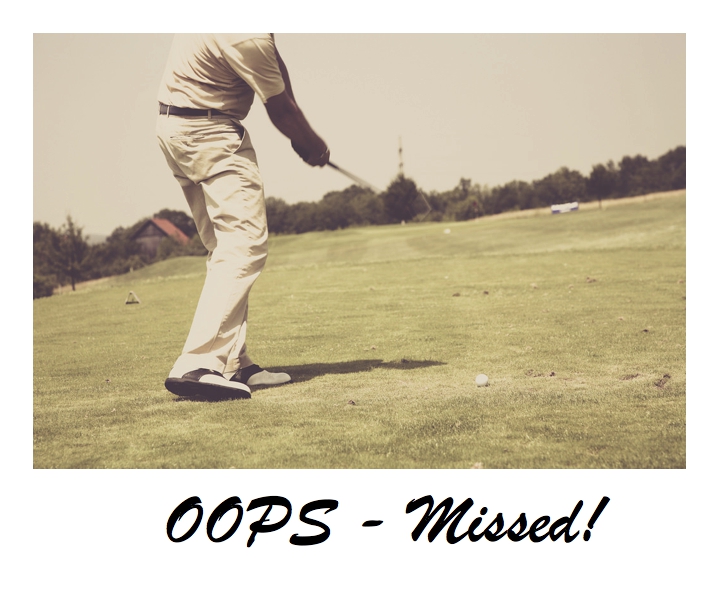Games for Language: Learning by making mistakes and “winning” games...
 Learning from mistakes is a well-known teaching tool. And succeeding (winning!) in games is powerful motivation for us to try again and again until we have mastered them. Both aspects of learning play an important role in our Games For Language courses and Quick Games.
Learning from mistakes is a well-known teaching tool. And succeeding (winning!) in games is powerful motivation for us to try again and again until we have mastered them. Both aspects of learning play an important role in our Games For Language courses and Quick Games.
Gender of “the tower” in Spanish
This morning I was replaying one of our Spanish 1 Scenes. In the Writing Game, I was asked to write “the tower” in Spanish. Now, I have seen and said the correct translation quite a few times before and I knew the word “torre.” However, I did not recall a rule for nouns ending with “e.”
Because in my native language (German), “the tower” is masculine (“der Turm”), I was uncertain for a moment and started out with “e” for “el,” to be reminded immediately by the error warning that I was wrong. While I was annoyed that I got it wrong, I am quite confident that I will know it the next time.
Why? Because now I'll likely remember not only that in Spanish “tower” is feminine (“la torre”), but also that I should have recalled that it's the same word in Italian (“la torre”) and feminine as well in French (“la tour”).
Basic Spanish Gender Rules
Quite early on in Spanish, we learn a few basic rules: Words ending with “o” are often masculine, those ending in “a”, often feminine, etc. This Spanish language chart, which I discovered on the web some time ago, quite nicely summarizes the important Spanish gender rules.
There are other, very concise Spanish grammar charts that we have sent to our users. If you'd like to receive the whole set of 6 Spanish Grammar charts, just contact us. We also welcome any information in regard to its author and origin for proper attribution.
Games for Language Learning and Associations...
In the case of “the tower,” my association will be that the Spanish (or Italian and French) word has a different gender from the German one. I realize that English speakers will have other associations for memorizing genders in foreign languages that don't follow the basic rules. It may be the type or shape of the first letter ( “t” for the “l” in “la”), the sound of the word, etc. , or whatever “mnemonic” works to connect to the correct gender of a word.
Just for fun, I entered “la torre” in the online Mnemonic Generator and one of the suggestions was “Lame Thor”, just in case this helps you remember the gender and Spanish word for "tower''...
“Winning” Games
I don't like to lose games. When I make a mistake and see at the end of a game, e.g. in “Writing Clowns” or “Word Invaders” that I only got 26 of 30 possible points, I'll repeat the game again until I get 30.
This is the same motivation which drives Duolingo learners to repeat a lesson: If you make more than 3 mistakes, you lose your hearts, e.g. you are “out” and have to repeat the lesson before you can go on.
Postscript: Since we wrote this post, we've noticed that Duolingo changes its format from time to time.
Making Mistakes
Yes, we sometimes make mistakes, just by clicking on the wrong item accidentally or not taking enough time to read all options. But replaying a lesson or a Scene has benefits beyond just “winning”: With words or phrases you already know, you can focus on pronouncing (ideally aloud) before clicking through; and those you missed, you now will be able to correct and remember better next time.
In our “Word Hero” game, you have to pick the correct English translation for foreign words that cascade down. You need to concentrate and for me, once I make a mistake, it's hard to recover.
While this game requires you to focus and decide quickly, it also allows you to say the correct foreign word as it comes down, giving you the satisfaction not only of getting the word/phrase right, but also of letting you check immediately whether your pronunciation is close to that of the native speaker.
In the “Word Invaders” or Shootout” games, you have to pick the correct foreign words for the translation of an English sentence. By clicking on the wrong word, gender, or conjugation, you lose points. If you want to win 100% of those games, you'll have to correct all the mistakes you made in the first go-around.
Correcting and remembering mistakes is one of the key reasons Games are so effective for language learning.
The ultimate prize: Speaking the Language
Making mistakes and learning from them, as well as devising strategies to avoid traps, gain strength, and acquire assets, etc. are all part of the the ubiquitous video game universe that keep millions of people engaged today.
While language learning has come a long way from boring drills and verb conjugations, we still need to progress further to create a “Language Minecraft” type of game that has speaking the language as the ultimate prize!
